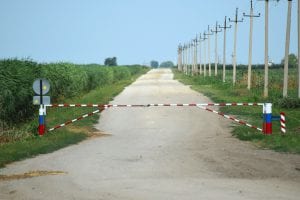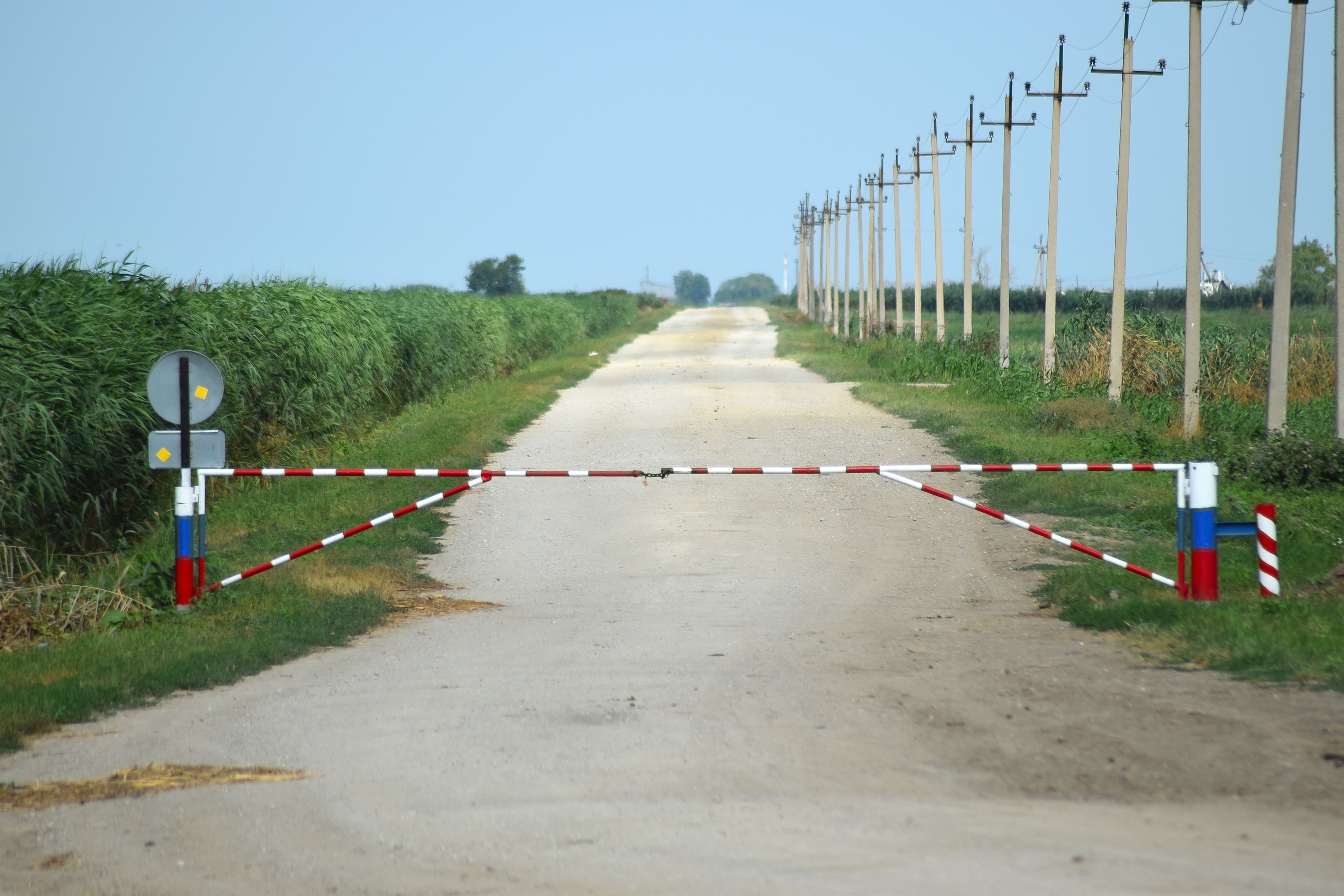Dealing With Roadblocks
 Road is a symbol for life that nearly everyone is familiar with. The image of a journey from beginning to end, with many twists, turns, changes and terrain and attractions, distractions and sights along the way can provide the description of many adventures and diversions as we make the journey. Even our various modes of transportation can prove fascinating.
Road is a symbol for life that nearly everyone is familiar with. The image of a journey from beginning to end, with many twists, turns, changes and terrain and attractions, distractions and sights along the way can provide the description of many adventures and diversions as we make the journey. Even our various modes of transportation can prove fascinating.
We can describe how we begin our journey being carried everywhere at the whim of others. Where we start the journey on this road we begin at a time and place determined by others. Our understanding of what the road is and where it might lead are shaped by those early experiences. We tend in those early years to think that everyone’s experience is the same so we think the road we know is the same for everyone.
Gradually, as we crawl, then walk, we become aware that we have choices as to where the road takes us. We discover new modes of transportation with varying numbers of wheels and different sources of power. Some of these are literal forms of transportation. Some are opportunities which can take us on various journeys on our road. These can include relationships we develop, life experiences and educational opportunities. These can also include things like sports, music, drama and other activities that take us in very specific directions on our journey along the road.
 From time to time our journey on the road will be interrupted by a roadblock. These can be as simple as an adult blocking the movement of a small child when that movement can take the child out of a safe space. They can be a rule such as that an older child cannot cross the street or leave the block, especially without accompaniment. These roadblocks are intended to be temporary. Some roadblocks, like a loss, an illness or a disability may be long term to permanent in terms of blocking the journey down the road.
From time to time our journey on the road will be interrupted by a roadblock. These can be as simple as an adult blocking the movement of a small child when that movement can take the child out of a safe space. They can be a rule such as that an older child cannot cross the street or leave the block, especially without accompaniment. These roadblocks are intended to be temporary. Some roadblocks, like a loss, an illness or a disability may be long term to permanent in terms of blocking the journey down the road.
Some people, when encountering a roadblock, simply stop the journey and stay where they are. They accommodate to where they are on the road when they are stopped by the roadblock and they spend the next part of their journey in the same place. That can mean spending the remainder of their journey exactly where the roadblock stopped their progress on the road.
As we move forward it is helpful to have a good idea where we are on the journey. This can mean examining where we began, how far we have come on the road and what means we have used on our journey. This can take some time and can bring up memories, some pleasant and some painful, of what our journey has been up to this point.
What are the things we have encountered on the road. Have these helped us on our journey? Have we gotten sidetracked by any of them? Have any of these things been roadblocks? How have we handled these?
Now, let’s look at where we are on the road. Are we continuing our journey? Have we gotten sidetracked? Have we possibly encountered a roadblock? This examination is something only we can make. We might ask other people, but it is really our decision to make. If we have stopped in one place, how do we feel about that? How long would you like to stay here? What would it take to get moving again, to overcome the roadblock? Where would you like the road to take you next? Do you think you will move past the roadblock? When will you start to do that?
 As we move forward, let’s remember that much of our journey on the road is up to us. Whatever you decide about this part of your journey, I wish you clarity and peace with your decision. I look forward to our moving forward together on the road.
As we move forward, let’s remember that much of our journey on the road is up to us. Whatever you decide about this part of your journey, I wish you clarity and peace with your decision. I look forward to our moving forward together on the road.
We have a podcast containing the As We Move Forward articles read by Jae Bloom.

